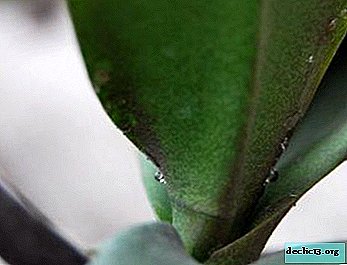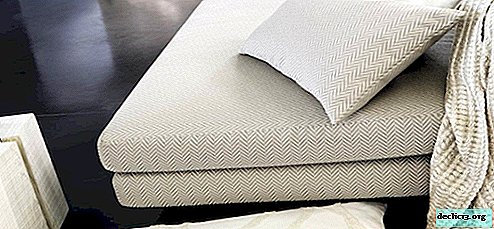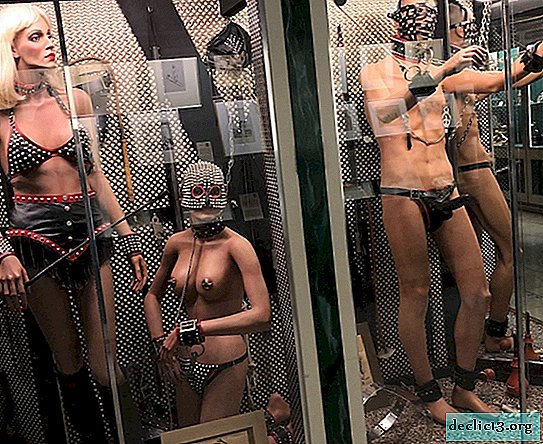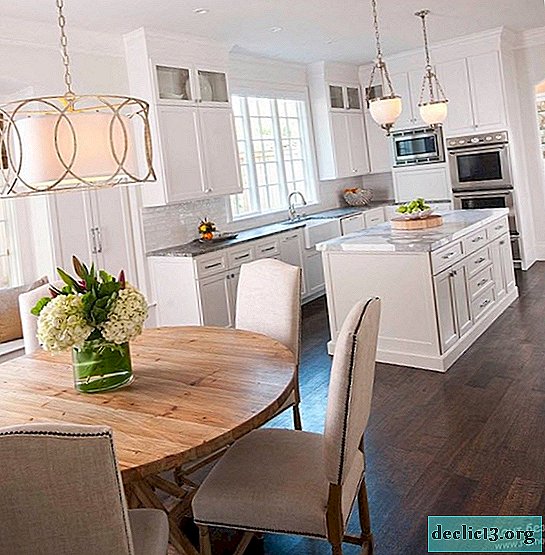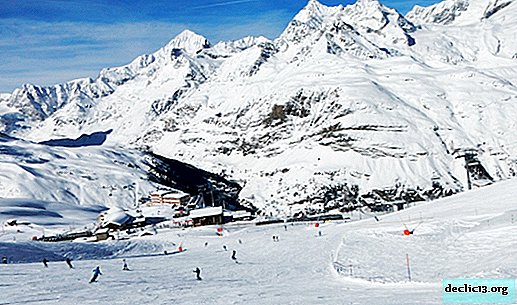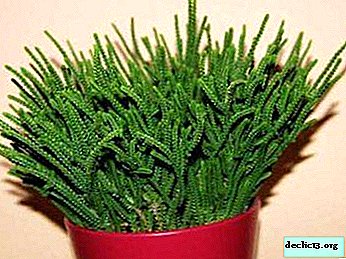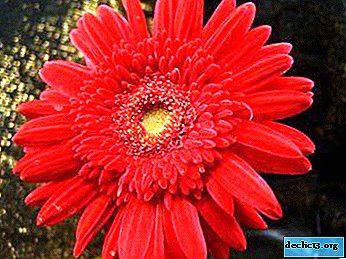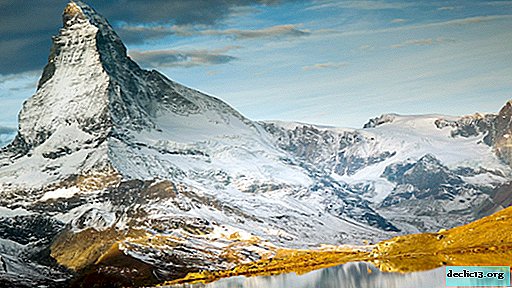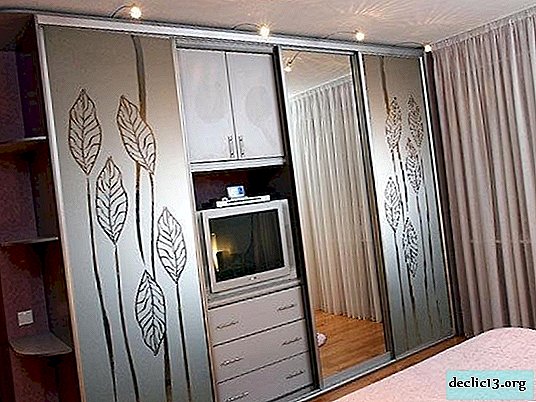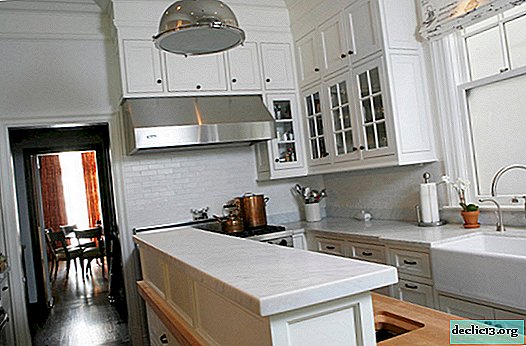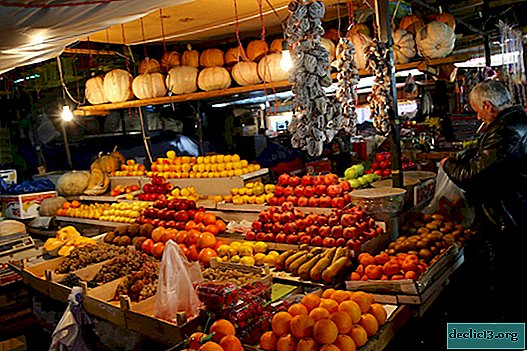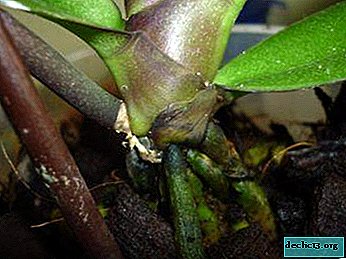Winter Garden: 100 modern ideas for creating a greenhouse
We all try to create the most comfortable, warm and cozy atmosphere in our home. And what could be better than year-round summer in the framework of your own greenhouse? Rest surrounded by lush greenery, exotic plants, in the midst of winter frosts is the dream of many of our compatriots. Nowadays, you can create your own winter garden not only in private households, but also as part of a dwelling in an apartment building. Of course, you will have to make efforts not only to create your own green oasis, but also to constantly devote time to the greenhouse to maintain the plants and the premises in good condition. We offer you an impressive selection of 100 design projects of a wide variety of greenhouses and hope that they can inspire you to your own achievements to create a green corner for rest and relaxation.
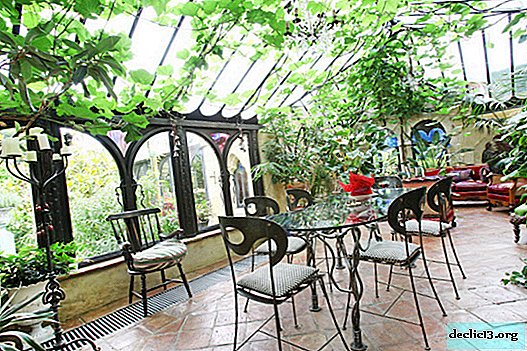

The origin of winter gardens
These days, greenhouses can be safely called green oases, a concentration of beauty and harmony for rest and relaxation. But for this, the premises with plants went a long way. Even in ancient Rome, winter gardens were born, as a phenomenon in architecture. Later, from the southern countries, moving west, greenhouses literally conquered all of Europe. The most widely used stand-alone structures made of glass and wood were in England, in the households of noble and wealthy people.




It was in England that there were significant changes in the approach to growing plants in special structures all year round: the methods of heating space underwent changes. From the most primitive measures, when pits erupted in the ground and filled with hot coal, to the appearance of a spiral chimney and, ultimately, a water heating system. By the middle of the 19th century, winter gardens began to appear not only in private homes, but also in multi-storey buildings.





In Russia, the first winter garden appeared in the Transfiguration of the Solovetsky Monastery. The first stone greenhouses with a heating system in our country appeared there. The monks were able to not only cultivate a wide variety of plants in fairly harsh climatic conditions, but also grow vegetables in their greenhouses all year round.
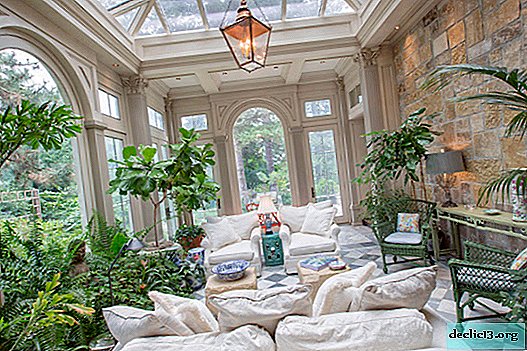




In the 19th century, in Russia, winter gardens received a serious impetus in the development and distribution among famous nobles. Not only the Moscow State Department Store and the St. Petersburg Peter and Paul Passage were equipped with their own greenhouses, many noble persons in their estates could acquire indoor gardens. Over time, glass constructions ceased to be just a place for growing plants, but became the focus of a relaxed pastime with the nobility. In the greenhouses there were practically living rooms, and guests were welcomed. The fashion for indoor winter gardens with beautiful decoration very quickly gained momentum - not only exotic plants appeared, but also fountains, songbirds.






With the advent of Soviet power, winter gardens as a place for exquisite relaxation surrounded by exotic plants experienced a serious decline. Most compatriots had to worry, at least about the roof over their heads and meager food. Nowadays, there are no restrictions in building and finishing materials, systems for creating a certain temperature and air humidity will help create optimal conditions for growing plants of the desired varieties. With the help of modern technologies, it is possible to create a difficult place for breeding plants, but a really comfortable space for rest and relaxation.





Features of creating a greenhouse
Obviously, for the successful cultivation of plants, it is necessary to create and maintain certain conditions. If the various cultures in the greenhouse are not comfortable, then the whole operation of building, designing and maintaining the indoor green garden will fail. In order for the creation of a winter garden to be effective, it is necessary to fulfill at least two basic conditions:
- the greenhouse should have a high level of natural light (which is why most often these buildings are almost entirely made of glass);
- special conditions are created and maintained for a certain type of plants — the required level of temperature and humidity, timely watering and top dressing of green spaces are carried out.

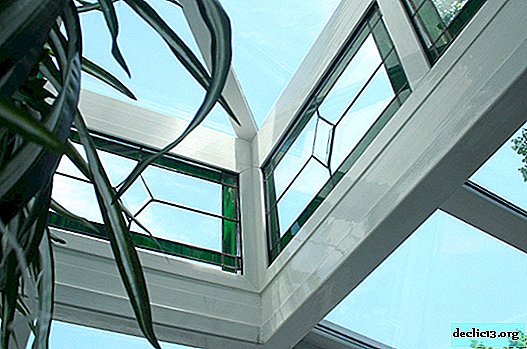



There are three options for creating a greenhouse in a private household:
- the greenhouse is designed at the construction stage and is an integral part of the structure;
- a winter garden is attached to the main building after completion of construction work (it is possible that a lot of time has passed after the construction of the house);
- the greenhouse is a separate building with its own heating, lighting, ventilation and certain humidity systems.





Of course, the best way (in terms of cost and effort) is to create a greenhouse when designing a home. In such a situation, the winter garden and the foundation for it are laid initially, all communications are carried out jointly with the main building. But this method of erecting a steep garden is rarely used, due to the fact that the owners at the construction stage either do not plan to grow plants all year round, or this project does not fit into the general financial budget.





Most often, when building a greenhouse, the owners go along the second path - attaching a glass structure to the finished building. This method is relatively economical: the wall of the house acts as one of the walls of the winter garden. But to save on laying the foundation does not work. Glass structures (even of the most modest sizes) are only seemingly airy, weightless - glass is a heavy material and the foundation or base needs to be "drowned" deep enough. The size and depth of the foundation will depend on the height of the greenhouse, because many grow in their indoor garden not only stunted plants, but also dwarf trees.





The least commonly used method is the construction of a separate building in which plants will be grown and a place for rest and relaxation will be arranged. The unpopularity of this method is explained by the high cost, the need to use the free area of the yard or land, as well as “pull” all communication systems to a certain distance from the main building.






Ways to design a winter garden
The choice of plants for the greenhouse is an individual decision of each owner. But in the ways of organizing recreation areas, you can find interesting ideas from famous designers. So, what can be organized as part of a greenhouse with plants? The first and most logical decision that comes to all future and real owners of the winter garden is the arrangement of the living room. Rest, reception and just family gatherings surrounded by lush green plants - a pleasure that is not available to every citizen. This makes the time spent in such a relaxing atmosphere more valuable.





In the interior of the greenhouse, garden furniture looks most organically, namely wickerwork. Armchairs and sofas, coffee tables and coasters made of twigs or rattan incredibly harmoniously fit into the atmosphere close to nature, creating a cozy and comfortable atmosphere. In order to increase the comfort level in the recreation area of the greenhouse, it is enough to equip wicker furniture with soft seats, decorative pillows.





In the spacious greenhouse you can not stop at the installation of upholstered furniture and a coffee table to equip the recreation area. Fountains and small waterfalls (simulating a drop of water from a certain height) are appropriate in a room literally filled with green spaces. The originality of the refined atmosphere will be added by built-in lamps and a ribbon lighting of plants and a fountain.

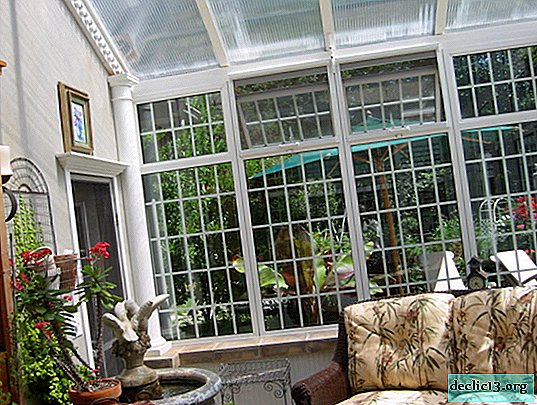


The second, no less popular way to design a greenhouse is to arrange a dining room. Any meal surrounded by lush greenery becomes more pleasant and tastier. It is enough to find a place for a small dining table and chairs. Depending on the size and shape of the room, you can use a round or oval (the most organic version of the arrangement of the dining area), square or rectangular table. Depending on the model of the table, chairs are also selected. Very often, garden furniture is used to equip the dining area.






In some cases, it is convenient for the owners to arrange a full kitchen in the greenhouse with a working and dining area. But it must be borne in mind that plants need to be selected resistant to temperature extremes. The working kitchen segment must be equipped with a powerful hood to save plants from getting even the smallest drops of fat.



Even a very modest extension with glass walls and a roof can be turned into a small green oasis, if the existing space is correctly distributed. The arrangement of plants in tiers, the installation of shelving for small plantings, the creation of so-called eco-walls or "green walls" will allow even in a small greenhouse to find a place to set up a round table with a couple of chairs to organize a place for short meals, rest and admiring lush greenery .





Greenhouse Exterior
If we are not talking about the internal content of the winter garden, but its exterior, then the facade of the greenhouse should certainly be in harmony with the appearance of the main building, regardless of whether it was originally designed, built after the main construction or is a separate building. Most often, the walls of the greenhouse have a basement, which is laid out of brick or stone. Foam blocks or hollow types of bricks are rarely used for the construction of a basement - such structures may not withstand the large weight of glass walls and a dome or a transparent roof.






The basement, decorated with stone in harmony with the design of the main building, looks luxurious. Glass surfaces add airiness to the overall image of the entire structure. In this case, even a small greenhouse significantly changes the appearance of the facade of a home.


A similar situation exists with the use of bricks as a building or finishing material. A modern facade brick (designed for decorating house facades) can be textured, with fesco, executed in a wide variety of colors.








